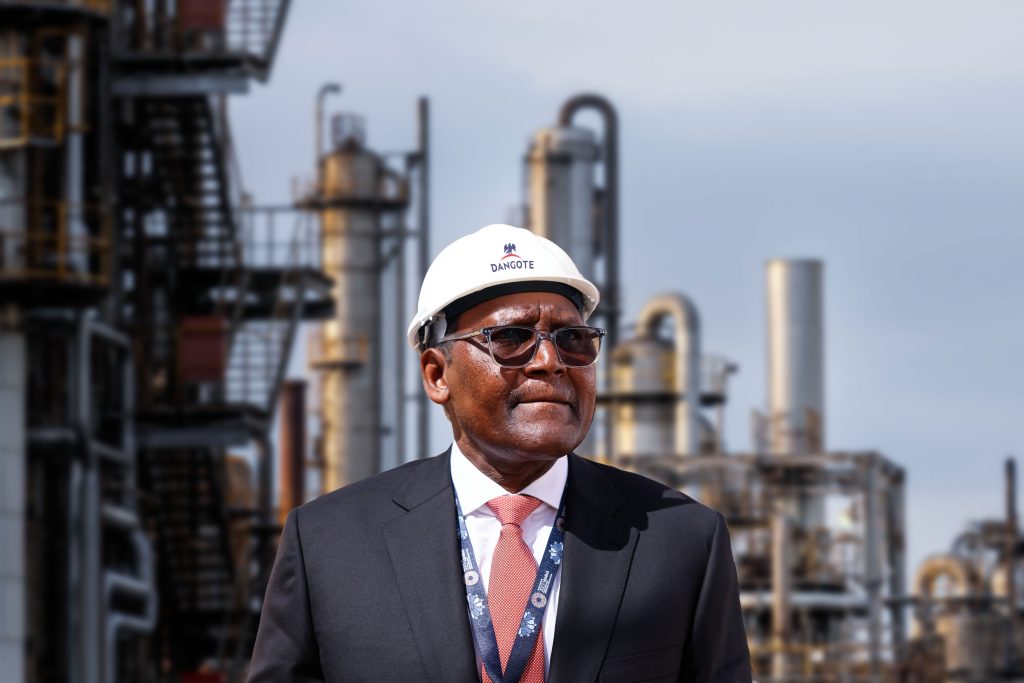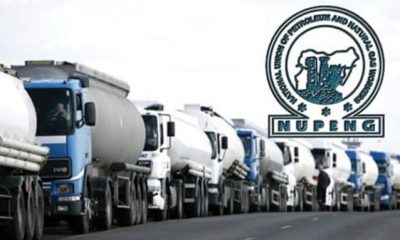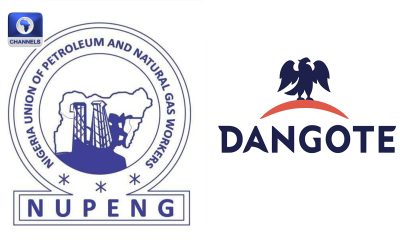BUSINESS
Dangote Explains Why He Won’t Acquire Nigeria’s Government Refineries, Citing Monopoly Concerns

Africa’s richest man, Aliko Dangote, has publicly ruled out the acquisition of Nigeria’s government-owned refineries, including the Port Harcourt Refinery, even if they were officially placed on sale. He stated that his primary reason is to pre-empt public and media speculation about a potential monopoly in the petroleum sector and to actively encourage other wealthy Nigerians to invest in the industry.
Dangote made this announcement during a briefing in Lagos, Nigeria, on Sunday, emphasising that his company’s involvement would create excessive “noise” and unwanted attention in the already sensitive sector.
Dependable NG reports that the billionaire encouraged other investors, who he noted may have “more cash than we have,” to pursue the acquisition of the state-owned refineries if they are indeed up for sale. His stated objective is to foster a more competitive market and distribute the responsibility of supporting the government’s economic policies and promoting self-sufficiency in refined products.
Key points from his statement include:
Avoiding Monopoly Talk: Dangote stated, “We believe they should go and try their own luck so that there won’t be talks about monopoly, rather, there will be talks about other people having opportunities.”
Encouraging Other Investors: He believes other capable Nigerians should invest to ensure his company is not the sole entity “supporting Mr President’s policy” in the refining sector and diversifying ownership.
Refinery Expansion: Despite ruling out the purchase of state assets, the Dangote Refinery is already set to expand its own capacity from the current 650,000 barrels per day to 1.4 million barrels per day, a move that would make it the world’s largest single-train refinery. This expansion demonstrates his continued commitment to solving Nigeria’s fuel supply issues through private investment, independent of the state-owned facilities.
This decision comes as the government’s refineries, particularly those in Port Harcourt, Warri, and Kaduna, have remained largely non-functional despite massive investments in maintenance over the years.








